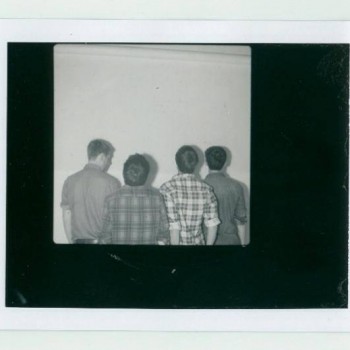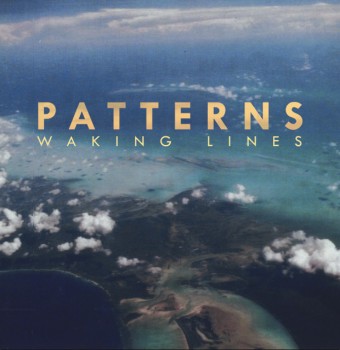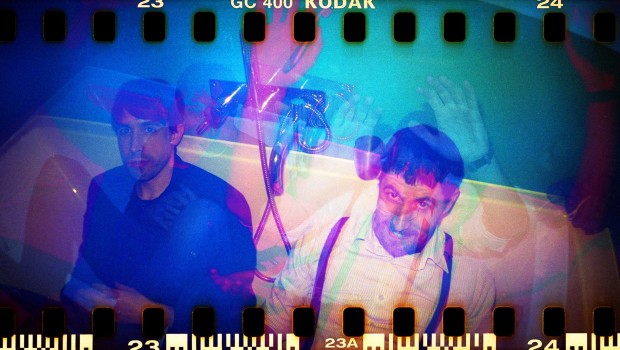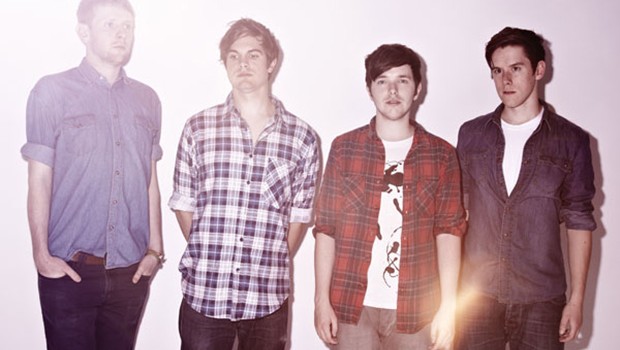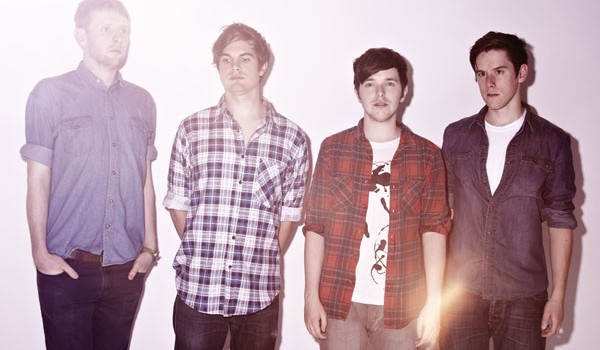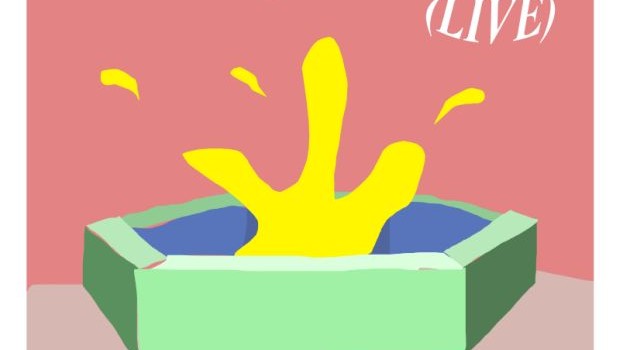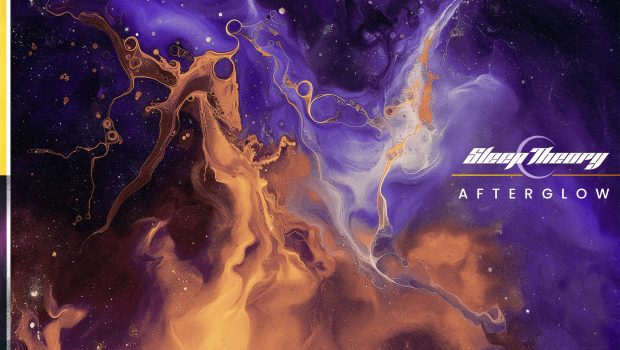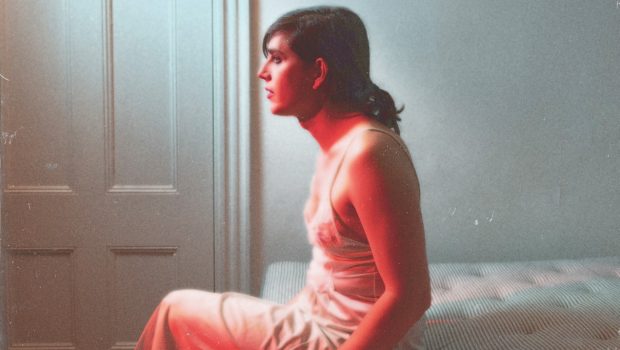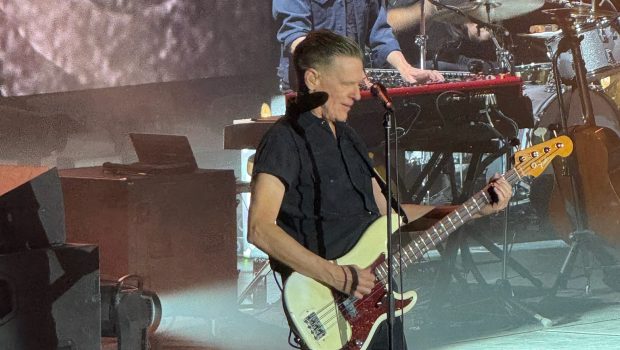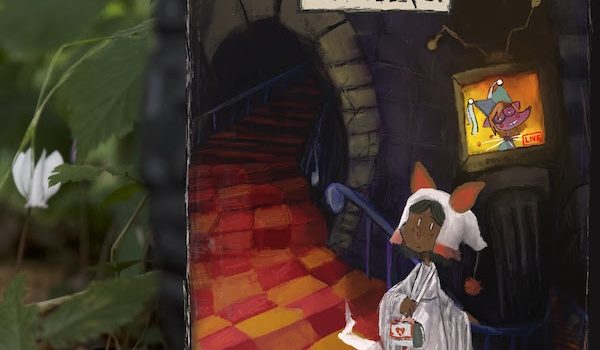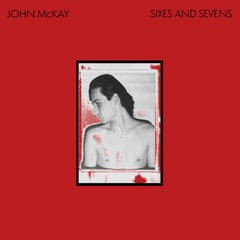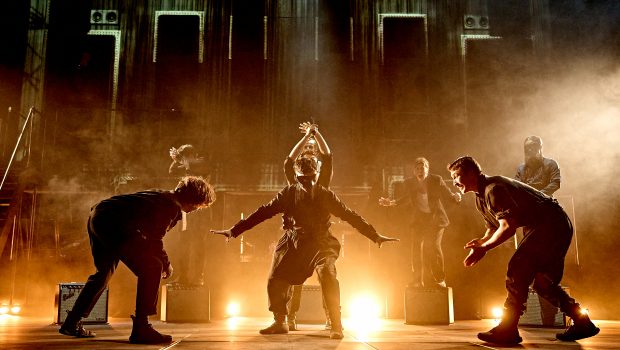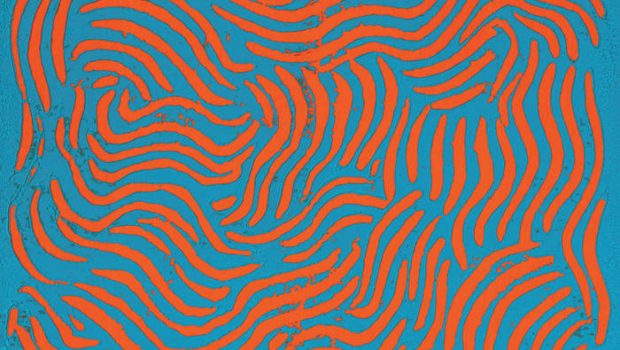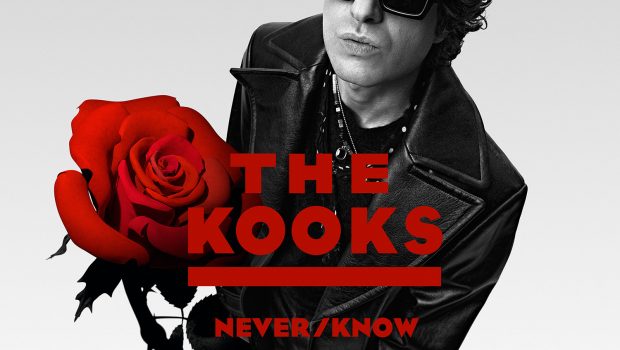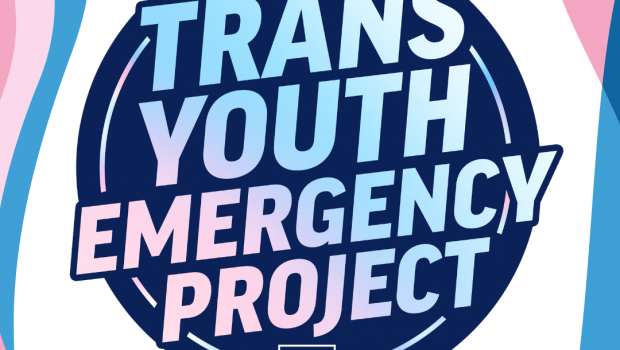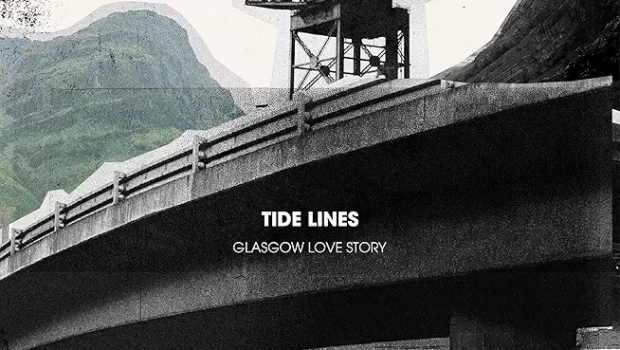Manchester band, Patterns, having released their debut album in January are now on the verge of their biggest show yet. In eerie surroundings with the nocturnal, gothic atmosphere inspired by Salford’s beautiful, St. Philip’s Church, Patterns will expand their debut Walking Lines to widths they are yet to explore.
With the support of Manchester Community Choir, Patterns will re-create all the vocal layers present on their debut, which walks the line between dreaming and remembering in its ethereal transcendent nature. The show, which has been funded by the Arts Council, has been in preparation for over a year and is set to see the band come full circle recreating the true aesthetic of their record for the first time in a live environment.
Below, we talk to the band about their excitement for the show, the Manchester music scene which has inspired them and the possibility of the choir making an appearance on their next record;
How much do you think there is a Manchester music scene?
It’s definitely an amazing place to make music because there are just so many things happening. But it’s impossible to condense all the music that happens in Manchester into a cohesive scene.
Would you count yourselves as part of it?
Whether it’s a scene or not we’re certainly happy to be a part of it. We couldn’t imagine ourselves making music in any other city.
Is Kollide an example of the scene?
KOLLIDE is an attempt to encourage different artistic possibilities within the hyper competitive world of music. It’s a chance to work with friends and explore different musical ideas.
Does it feel like there is a certain community among the new breed of musicians emerging from the city?
Yeah we’ve been helped massively by the large community of musicians, promoters and fans there are in the city. There’s a real warmth and support. Bands like Ghost Outfit, Shinies and Money are friends of ours and it’s awesome to go out and support what they’re doing.
Although you’re from all over the UK, how much do you pay homage to the past Manchester music scene or is that something you try to separate yourself from?
It seems to be something that’s far more relevant for journalists than it is for the musicians here. Part of writing about music is having to put it into narratives that make sense to a reader, while if you’re in a band it’s very hard to look at your own creativity in that kind of way.
How has it felt to see your album out there, in stores etc?
Crazy, when the record was being made it was just sitting there on the laptop and it was really hard to imagine it actually being out in the world, so to see it in stores is quite surreal. It certainly gives you this feeling of legitimacy to what you do now that your album is out there in the world with all your other favourite records.
What has been the most gratifying aspect since you released the record?
Probably the reaction of fans, when we played our album launch in London it was incredibly to have so many people come up and tell us how much the album means to them. Getting good reviews is one thing but actually hearing it on a one to one level it special.
Do you want to enjoy its achievement or is it just one step on a much longer road?
The problem with writing an album, which I think most bands experience, is that by the time your record is actually released the songs can feel quite old to you. For us we’re trying to keep a balance between enjoying this record and focusing on the next. It’s the writing process in the end that’s most appealing, so that never stops.
Why did you call it Waking Lines?
We called it Waking Lines because the album’s main themes are around dreaming and remembering. Waking Lines is directly concerned with the blurred line between reality and dreams and the world of experiences that exists between them.
Has the album solidified your identity?
Yes definitely. There’s something fundamentally performative about creating a record, where the process of creation itself ends up defining who you are. It’s very hard to have a strong sense of yourself when you just have a few songs out because you could go in a number of different directions with your sound. An album is as much about what you’ve decided to cut and leave out, as it is about what’s actually left.
With you all being quite up on production techniques, how hard was it to entrust your album with others when it came to mastering etc?
The process of choosing someone to mix and master the album was really difficult for us and was part of the reason why the record took longer to come out. We were really happy with Iggy B who mixed it, because he was willing to listen to what we wanted and also bring in his own thing.
It took a while for the album to come out; does it feel like the world is being exposed to songs you wrote years ago now?
It does feel like that a bit, but it’s just a necessary consequence of how the music industry works. When you’re young you naively think that you just create a record and then a record label sells it but it’s nowhere near that simple. With all the other processes and people that are involved it can’t be as instantaneous as maybe you’d like but it’s what you accept as reality.
How does it feel having to play these songs as new, when I believe you’ve already written quite a lot of your next record?
It’s natural as a musician to be most excited about what you’re currently writing but for us I think the way we keep our interest in older songs is by being creative with the live show. This is exactly why working with a choir is so exciting for us.
How much preparation has gone into this show?
This is the biggest show we’ve ever done. The idea started out about a year ago and it’s taken that long to bring it all together. Getting funding from the arts council was incredible for us because it meant we could really go crazy with it.
The aesthetic of the show is that something you’ve wanted to produce for a long time and how much are you looking forward to it?
Waking Lines is heavily informed by choral music and how we approach vocals is always multi-layered and spacey so working with a choir seemed like a natural progression. Because it’s impossible for us to re-create all the vocal layers from the album on our own, bringing in a choir will hopefully allow us to fully express the songs as they are meant to be.
What direction will you be taking on the new record? I believe you want the choir to be part of it?
We don’t want to commit to any details yet but we’re certainly excited about the possibility of bringing in the choir for the next record.
With much of the music being made on a laptop how hard is it to stretch that out live, especially with a choir?
It can be challenging at times. Specifically with the choir it was all composed with a really shit sounding choir instrument on logic so it was quite hard to fully get a sense of how it would sound. When we did bring it to the live environment it was incredible, even in the first rehearsal we did with the choir on its own it was magical.
Who came up with the choir idea, and seen as your vocals are hazy out on a lot of the record what made you want to create such a sense of voice live?
It was Ciaran’s idea originally but no one could have predicted when it was first mentioned that it would get this far. We’re so excited to play this gig and the share it with people it seems crazy to think that we’ll finally get to do it on Friday.
Patterns play St Philip’s Church Salford Friday 7th of March
